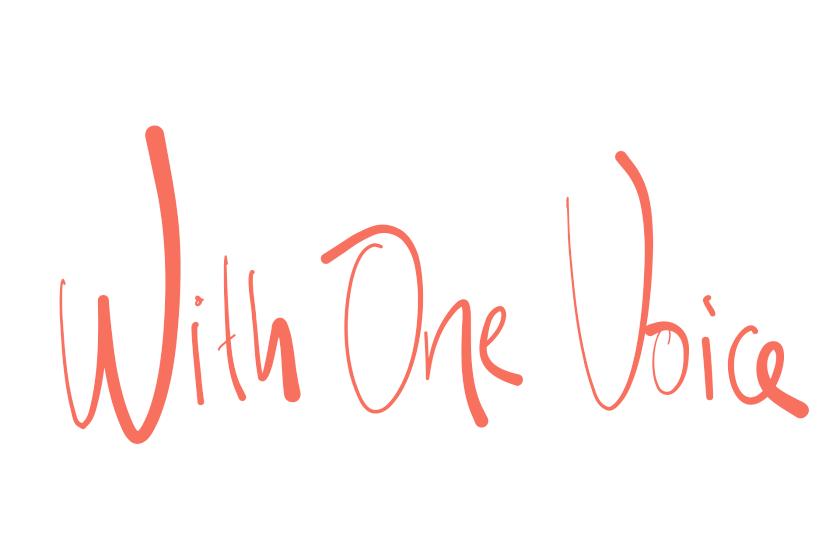
With One Voice - December 2023
Available in English, French, Spanish, and Portuguese
CIAM held its first in-person General Assembly since the pandemic in Rio de Janeiro, announcing the inaugural Fair Trade Music International Awards, and hosting a unique Women's Songwriting Camp. Efforts to legislate and rein in artificial intelligence are being explored throughout the world on multiple levels. Finally, we explore how diversity is key to preserving human creation.
Sign up to receive the With One Voice newsletter here.
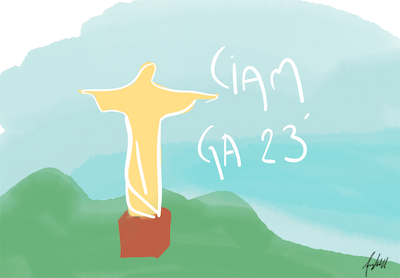
Addressing AI and gender equity in focus at CIAM General Assembly in Brazil
Hosted by ALCAM, UBC and ABRAMUS, CIAM held its first in-person General Assembly in four years in Rio de Janeiro on November 8th and 9th. A growing urgency to address artificial intelligence and its impacts on creation, copyright, and the future of music creators along with the continued emphasis on improving equity and diversity were overarching themes across panels, presentations, and keynotes.
“We have to find a way to keep human creators at the centre” said Vanderbilt University Law School Professor Daniel Gervais in a keynote on AI. His call was reflected as well by CISAC Director General Gadi Oron and Director of Presidents and Creators Anna Neale, who underscored the threat to culture posed by AI. CISAC has been working on policy guidelines that respect creators and creative works while raising the issue of AI at global levels, including WIPO and UNESCO.
The enormous growth of the music-industry in the region, the strength of Latin America as a cultural force, and emerging creators in Africa were emphasised in panels and keynotes. Regional society CEOs and creators drew attention to the unique cultural contributions to music genres, traditions, how technology is enabling discovery, and aspects of certain Latin American CMOs, including providing healthcare, that are leading to vibrant music cultures. A panel on Africa shined a spotlight on the massive size of young talent on the continent while calling for support to develop institutions and societies to improve their visibility globally.
Despite progress, inequal remuneration and opportunities continues to be an issue for women. The challenging business of music for women panel called on women to support one another. This was evidenced in the presentation of songs created by the first CIAM Women’s Songwriting Camp, held concurrently to the GA, featuring women creators from throughout the world (Canada, South-Africa, Denmark, The Netherlands, Brazil, Chile, Argentina and Mexico).
Fair Trade Music International unveiled its 2023 Achievement of the Year and Lifetime Achievement Awards at the assembly. Solange Cesarovna was awarded Achievement of the Year for her role in establishing SCM in Cabo Verde and being an inspiring ambassador for African music creators. Founder of ECSA and CIAM, the late Jörg Evers, was recognised for the Lifetime Achievement Award for his tireless work and advocacy on behalf of creators for decades.
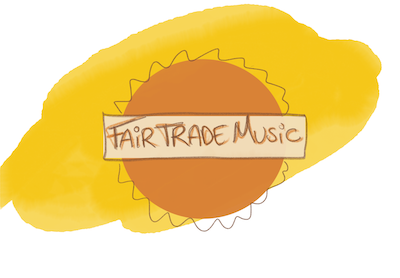
Inaugural Fair Trade Music International Awards winners announced during CIAM General Assembly
Fair Trade Music International announced its inaugural awards for outstanding contributions to music creators rights at the CIAM General Assembly in Rio de Janeiro. Cape Verdean songwriter Solange Cesarnova and the late German composer Jörg Evers were announced as recipients for the Achievement of the Year and Lifetime Achievement Award, respectively.
Announced by FTMI board members, the awards recognise those songwriters and composers who work tirelessly to promote and protect the economic and moral rights of music creators. The 2023 Achievement of the Year Award recognised Solange Cesarovna for her role in establishing a new CMO in Cabo Verde, SCM, and for being an inspiring ambassador for African music creators around the world. The management system she led ensures royalties are received whenever songs are used, including for digital platforms like YouTube, Spotify, and TikTok.
The late Jörg Evers, a founder of ECSA and CIAM, was honoured for his tireless advocacy for creators, comprehensive knowledge, uncompromising approach, and sincerity in supporting music creators throughout the world. Jörg was “our north star”, according to CIAM President Eddie Schwartz. “We will miss him as a real friend”, said CIAM Honourary President Lorenzo Ferrero in accepting the award in person on behalf of Jörg’s family.
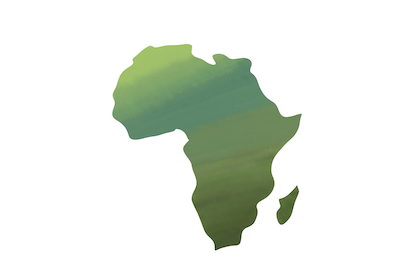
Diversity is the Only Way
Hyperconnectivity in a curious and information-hungry planet like ours has allowed music to become the only language we can communicate despite living increasingly divided.
Today, white American kids in Kentucky learn Spanish with the “corridos tumbados” of Peso Pluma. At the same time, in a club in Amsterdam, Fireboy and Ed Sheeran play on the speakers to the rhythm of Afrobeat or some schoolgirl in Mexico dreams with the latest BTS single.
The growth of emerging markets such as the Hispanic in the US, Mexico, South Korea, and Brazil shows musical influence has diversified.
For example, today, 40% of listeners in the USA consume music that is not in English. (Luminate data)
A continent that will become fundamental for the survival of our industry deserves a separate comment: Africa.
By 2050, one in every four inhabitants of this planet will be of African origin.
While Asia, Europe, and the USA will see their populations shrink, Africa will reach 2.5 billion inhabitants in the next 25 years.
The average age of its inhabitants is only 19 years old, while in the USA and China, it is 38, becoming a desirable consumer market that most developed countries are trying to conquer.
And no wonder, in Africa, there are over 670 million smartphones, and most likely, in the next ten years, this number will double, making it the planet’s most desirable content market.
Music from the youngest continent reverberates, opening new avenues in many parts of the world.
And despite the political instability of some of its regions, musical currents such as Afrobeat have become global trends, with over 15 billion streams per year (Spotify data).
If we are to preserve human creation, diversity is the only way to ensure that our species continues to communicate and relate through this universal language of music.
Allow me the sarcasm, but if we don’t start protecting and nurturing emerging markets and the young creators from these areas, Artificial Intelligence will have nowhere to steal more ideas from in the coming decades.
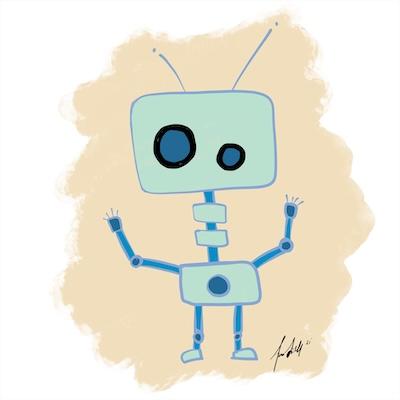
Reining in AI through policy and legislation
This year, ChatGPT and generative AI has unleashed a flurry of activity. Be it music creators, or students trying to pass exams, the advent of AI to the masses is upended societies across the globe. Rapid transformation by technology triggers responses on how to adapt, evolve, accommodate, and co-exist. Discussions, debates, and conferences are being held in political offices and within legislative bodies on how to balance these new technologies with longstanding pillars of copyright, licensing, and remuneration.
We are witnessing in real time the evolution of these policy debates from one country to the next (e.g., US, Canada, UK, China, Japan, and South Korea, among others), and within the European Union in the framework of the EU AI Act. While a book could be written on the nuances within these debates, the following are common positions designed to protect creators.
First, the overarching thread is to demand that human creators and creation is protected. As with other forms of exploitation and usage, a creative work made by a human must be protected, even if it is through AI systems. It is paramount that legislation protect the value of human created works in a context where competition from AI-generated content will increase.
Second, these systems have to be licensed for the use of the works. Just as in the past with radio, television, or streaming, companies must obtain licenses for the use of copyright protected works. A new technology like generative AI must be subject to long standing copyright protections as is the case with other uses of music. New ways to expand the rights of human creators to address new technologies must also be considered going forward.
Third, creators must be able to provide consent to the use of their works in these technologies and AI systems. Nothing should be stolen. Creators need to be aware of where their work is being exploited and how, much as with prior technologies.
Fourth, transparency by these platforms is imperative. Not only will creators know where and how their works are being used, but transparency will allow for giving proper credit when credit is due, and allow for remuneration of the use of their works. Transparency also will allow labelling AI generated content to ensure consumers are in a position to choose what they want to listen.
Those tools, systems, or platforms that adhere to these common principles, if history repeats itself, can flourish in a proper legal environment. It is reminiscent of the early days of digital, when Limewire, Napster, and the myriad of wild west offshoots gradually emerged with legal offers. These legal offers evolved into those DSPs we have today, earning remuneration for creators instead of exploiting them without compensation.
Human creativity is wonderful and magnificent-something to protect, encourage, and remunerate even in the age of generative AI.
